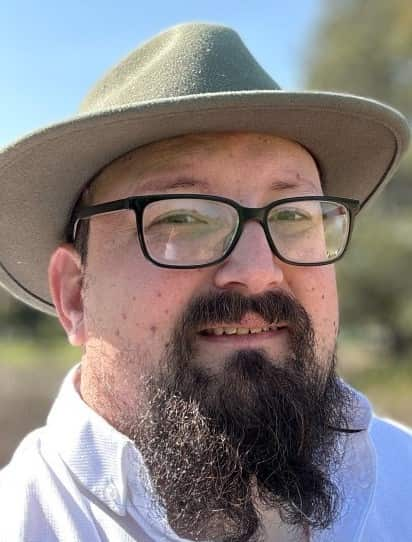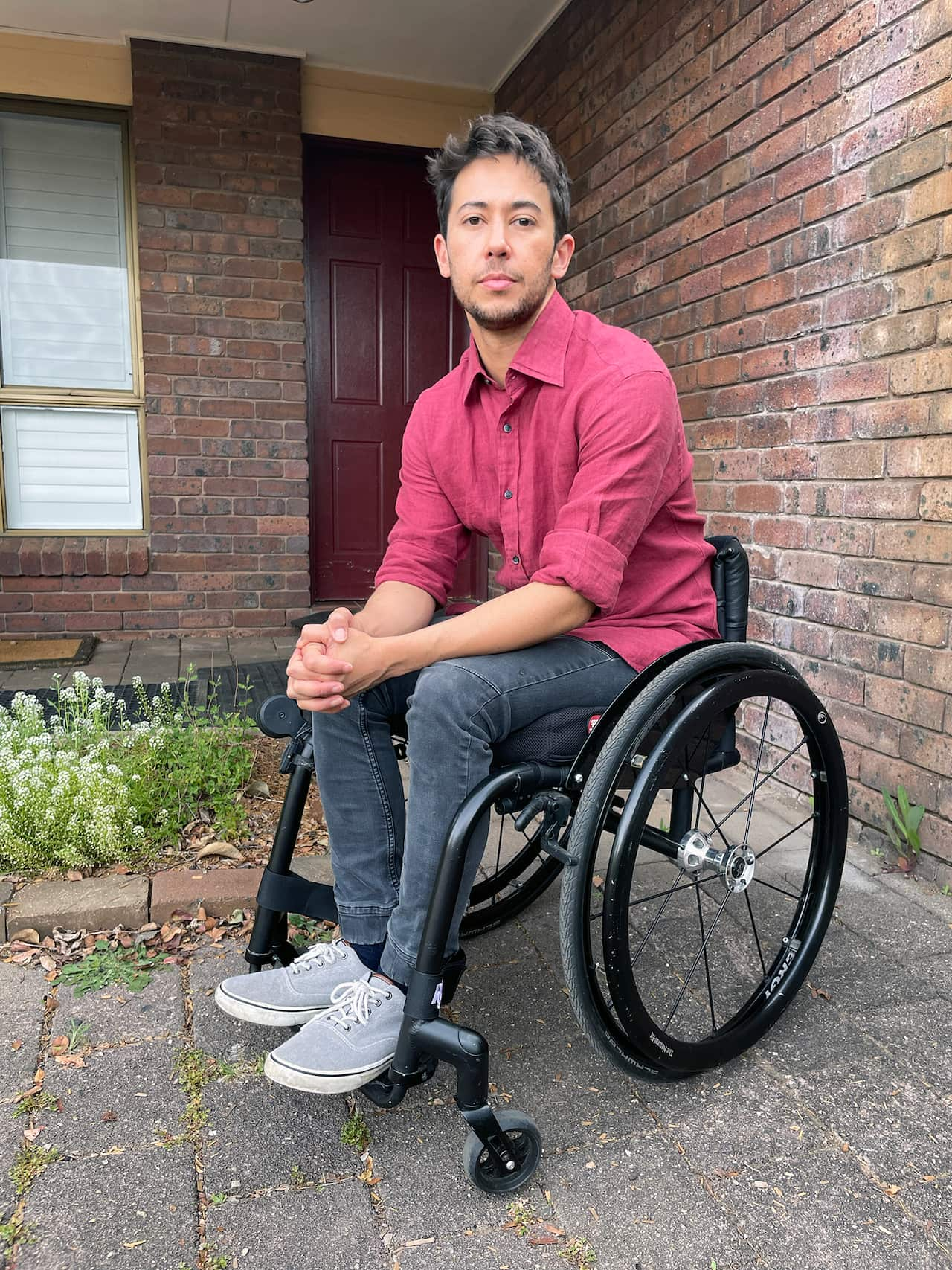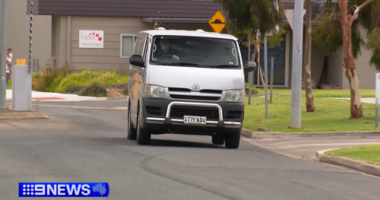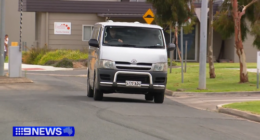Share this @internewscast.com
“We want to allow providers and therapists to focus on delivering services to participants instead of spending time writing reports,” she told SBS News.
Nonetheless, disability advocates argue that McAllister should offer more information, expressing concern that if participants’ voices aren’t considered, the new system could potentially be “traumatizing”.
Trauma is ‘real and it’s large’
“Imagine being a woman with a disability, who statistically has a 70% chance of surviving sexual violence, and is asked personal questions about her showering habits by a stranger, someone who might not make her feel secure. This situation could be quite distressing.”

Jarrod Sandell-Hay cautioned that simplifying the NDIS assessment process might make it so ineffective that it’s “not worth it” for some participants. Source: Supplied
“And in the back of your mind, you understand that these three hours can make or break your next five years of funding — that’s extremely traumatising.
“It’s crucial for participants to continue having assessments done by trusted and qualified practitioners with whom they have a rapport.”

Stevie Lang Howson shared with SBS News: “Currently, when I need an NDIS assessment, my occupational therapist who is familiar with me ensures it’s conducted in a way that’s attuned to my personal needs.” Source: Supplied
McAllister did not provide a specific answer to an SBS News question about whether the new system would involve in-person visits.
“The NDIA [National Disability Insurance Agency, which administers the NDIS] will continue to engage with participants, families, carers and the broader disability community to make sure that when support needs assessments are introduced from mid-2026, they work for everyone.”
‘Doesn’t make a lot of sense’
“A lot of us said: ‘Yeah, okay, if you want to do these assessments, no worries, but you need to allow us to also give you reports and other evidence, and that evidence needs to be equally considered.'”
“Some people have disabilities that make it harder to self-report. And we know the NDIA already assumes that people are exaggerating their needs.”










